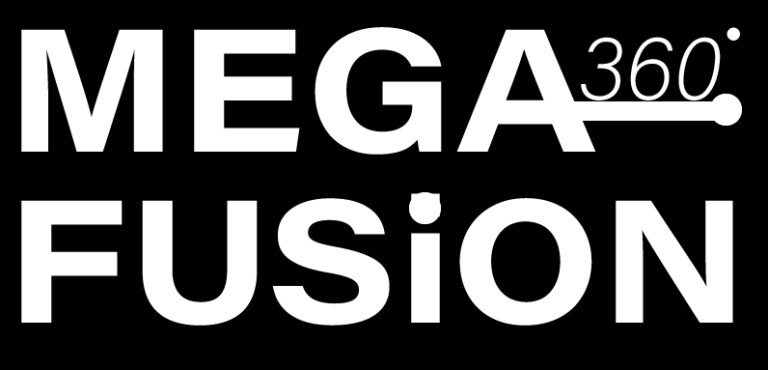The conventional formula of apocalyptic settings and slow-moving animals is not always followed in zombie films. David Yarovesky’s 2014 film “The Hive” offers a novel interpretation of the zombie horror genre by fusing psychological horror, science fiction, and powerfully emotional narrative.
This essay will examine The Hive’s distinctive features, its distinct take on the zombie horror subgenre, and how it reimagines infection and mind control in horror films.
What is The Hive About?
In contrast to conventional zombie films, in which infection results in mindless violence, The Hive presents a novel idea: a virus that takes in the memories, ideas, and feelings of people it infects. Adam battles against the creature attempting to devour him and his former self in this more profound and intimate horror.
A Unique Take on the Zombie Genre
The Mind as the Battleground
The infection in the majority of zombie movies is only physical; bite victims become flesh-eating, brainless beasts. Losing one’s identity and thoughts to a hive-like consciousness is the true terror of The Hive. Because the infected are under the direction of a collective intelligence, they retain remnants of their former selves, which heightens the terror of the metamorphosis.
A Love Story Within a Horror Setting
The Hive adds an emotional element in contrast to conventional zombie films, which emphasize action and survival. Adam’s battle to maintain his humanity is greatly influenced by his relationship with Katie, his love interest. Beyond being another infection-based horror thriller, the film delves into themes of love, memory, and identity.
The Infection Concept More Than Just Zombies
The Hive Mind Theory
This virus is more akin to a collective awareness than the classic “zombie plague” that plagues the Hive. In addition to becoming violent, infected individuals integrate into a more complex, intelligent entity that takes over and retains memories from several hosts.
This idea is comparable to sci-fi horror monsters like the Thing (1982) or the Borg from Star Trek, where a group of people with a common intelligence are more terrible than a single monster.
Memory Absorption A New Horror Element
The way the virus ingests its victims’ memories is among The Hive’s most distinctive features. This indicates that the infected are not only mindless beings; rather, they bear the suffering, wisdom, and feelings of everyone they feed. Because of this, they are erratic and even sad characters, which heightens the dread.
The Cinematic Style of The Hive
Unique Visual Effects
The way the virus ingests its victims’ memories is among The Hive’s most distinctive features. This indicates that the infected are not only mindless beings; rather, they bear the suffering, wisdom, and feelings of everyone they feed. Because of this, they are erratic and even sad characters, which heightens the dread.
Unlike traditional zombie films set in large cities or post-apocalyptic landscapes, The Hive takes place in a single, isolated summer camp. This limited setting creates a claustrophobic atmosphere, emphasizing Adam’s mental and physical isolation as he battles the infection alone.
Audience Reception and Legacy
Many viewers enjoyed The Hive’s distinctive take on the zombie genre, its eye-catching cinematography, and its psychological depth despite its divided reviews. Because of its disjointed plot and sci-fi horror aspects, several critics have drawn comparisons to movies like Memento (2000) and The Signal (2007).Despite not being as well-known as popular zombie movies, The Hive helped advance the genre by demonstrating that zombie horror can be clever, poignant, and visually inventive.
Conclusion
The Hive goes beyond the conventional undead apocalypse to present a novel and provocative approach to zombie horror. It reimagines what a zombie film can be with its mind-control infection, psychological horror components, and emotional depth.
The Hive is a must-watch for everyone searching for a distinctive and engrossing horror experience. This picture offers a gripping blend of suspense, terror, and philosophical intrigue, regardless of your preference for zombie movies, psychological thrillers, or sci-fi horror.



1 thought on “The Hive A Unique Perspective on Zombie Horror”